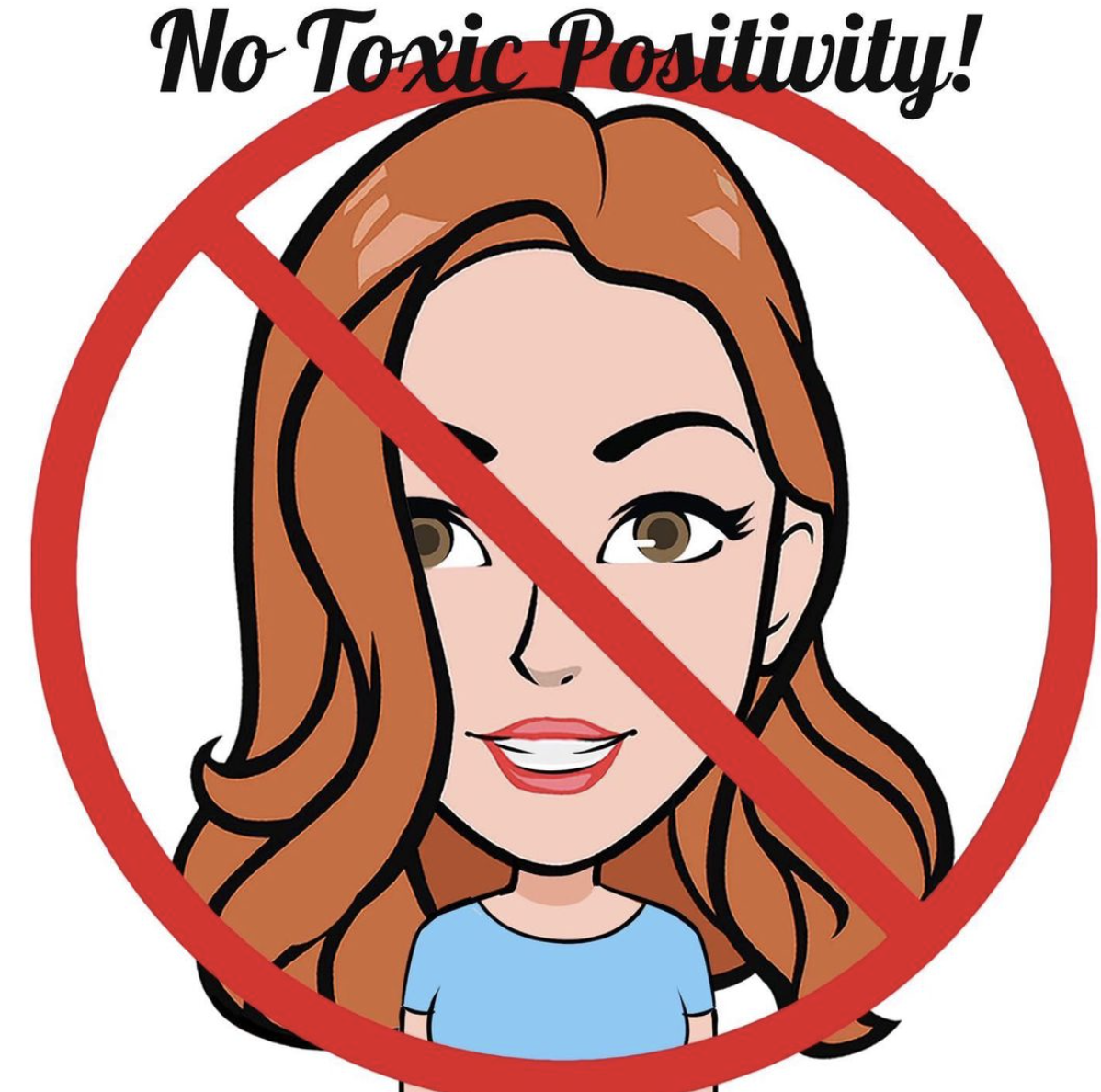
No Toxic Positivity
Jul 08, 2022Doing things to increase positive emotions and cultivate a positive mindset like gratitude practice and positive reframing can increase happiness and bolster resilience. But too much of a good thing can be harmful. And, when taken to an extreme, staying positive can become toxic. Toxic positivity is the denial of negative experiences, thoughts, and emotions.
So, why not stay all positive all the time? First, if we refuse to to accept or acknowledge negative emotions and experiences we miss out on the potentially useful information and the motivation they can provide. Sadness in response to the loss of something can communicate that we valued it and motivate us to seek it out again. Anger about a situation can motivate us to change it. Second, if we don’t acknowledge our own negative emotions, we can’t self-validate—tell ourselves how it makes perfect sense we feel the way we do. Third, suppressing emotions doesn’t change their emotional intensity and may actually prolong them. Fourth, if we never express negative emotions, it can be difficult for others to connect with us or give us the emotional support we need. And lastly, it’s difficult to connect with ourselves.
One cause of Toxic Positivity is difficulty accepting negative emotions. Here are some ways increase acceptance.
Mindfulness practices helps us develop a nonjudgmental awareness of negative emotions that makes them easier to accept. Judgements of emotions, e.g., it’s pointless to feel guilty, it’s wrong to be angry, can lead us to block them. As judgments arise, we simply note them and let them go.
Another way to increase tolerance and acceptance of negative emotions is to deliberately encounter them. Rather than waiting for negative emotions to happen, you can proactively induce them with music, videos, or by writing about negative experiences. While listening to a sad song, practice riding the waves of sadness until the song ends. With each encounter, it will become to easier to accept the emotion rather than try to escape it.
Life is a mixed bag. You can be grateful and still have negative emotions. So they next time you feel a negative emotion, try accepting it.
- 0 Likes

Dr. Lisa Napolitano is an expert in cognitive-behavioral therapy (CBT), dialectical behavior therapy (DBT), and other mindfulness-based treatments. A licensed psychologist in New York and Florida, she is the Founder and Director of CBT/DBT Associates, a boutique psychology practice group. Dr. Napolitano is an expert in the treatment of stress, anxiety, worry, and emotion regulation problems. She has specifically designed her treatment approach for executives, attorneys, and other high-functioning individuals whom she believes shouldn’t have to sacrifice their careers to manage their stress and work on developing their potential.
